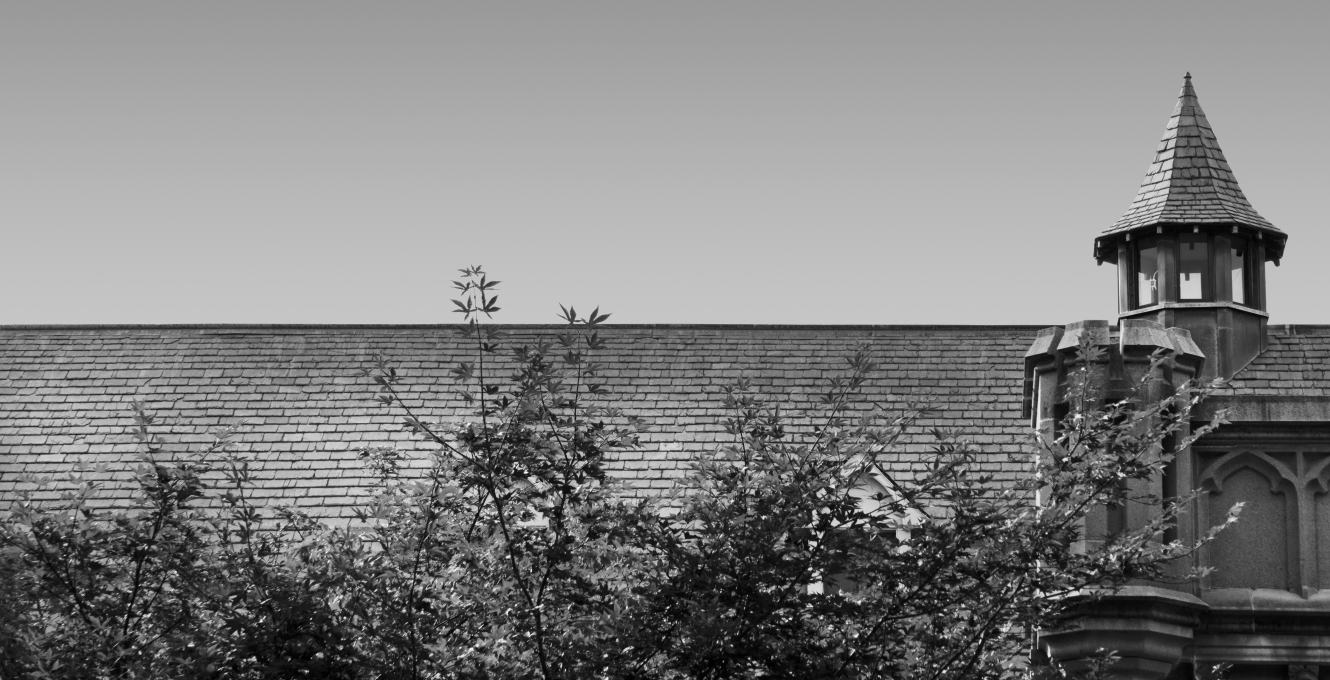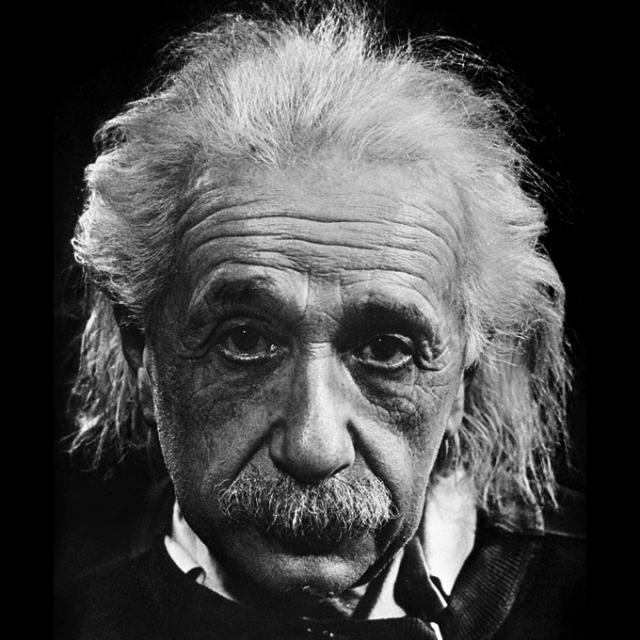About Us

Founded in 1905, Princeton University Press is a nonprofit publisher with close connections to Princeton University. The Press brings influential voices and ideas to the world stage through their academic scholarship, advancing the frontiers of scholarly knowledge and promoting the human conversation.
Who We Are
From Our Community
-
“Create dangerously, for people who read dangerously. This is what I’ve always thought it meant to be a writer. Writing, knowing in part that no matter how trivial your words may seem, someday, somewhere, someone may risk his or her life to read them.”
Create Dangerously -
“For learning purposes there is no substitute for one human mind meeting another on the page of a well-written book. . . . Reading is a means of thinking with another person’s mind; it forces you to stretch your own.”
In the Web of Ideas: The Education of a Publisher -
“We need to think globally, we need to think rationally, we need to think long-term—empowered by twenty-first-century
On the Future
technology but guided by values that science alone can’t provide.” -
“Say what you need to say plainly, and then take responsibility for it.”
Weiwei-isms -
“Human life is a formidable challenge, but we are all necessarily engaged in the struggle to fulfill what is best in our nature, to realize our true selves, and thereby find meaning and completion.”
In Search of the Soul
01 / 05

History of the Press
Founded in 1905 by Princeton alumnus Whitney Darrow, Princeton University Press had its start as Princeton Alumni Press, a small printing operation serving the University, publishing the Princeton Alumni Weekly in a rented office above a drugstore on Nassau Street in Princeton, New Jersey.
Partnerships

Lifecycle of a Book
While it can take mere months to many years, each book that the Press publishes follows a similar path to publication, whether it is a small scholarly monograph or a trade book. The peer review process is at the heart of all of the books that we publish, ensuring academic integrity, but a number of other stops along the path ensure coherent planning throughout the book’s life.


